MOTOR VEHICLE ACCIDENT
“Motor Vehicle Accident” refers to any collision involving one or more motor vehicles, such as cars, trucks, motorcycles, or buses. These accidents typically result in injury or harm to the people involved. Personal injury claims arising from motor vehicle accidents focus on establishing liability and seeking compensation for injuries, property damage, and other losses sustained due to the accident. The claims often revolve around negligence, where one party allegedly failed to act with reasonable care, leading to the accident and the resulting damages.

Dealing with
Car Accidents
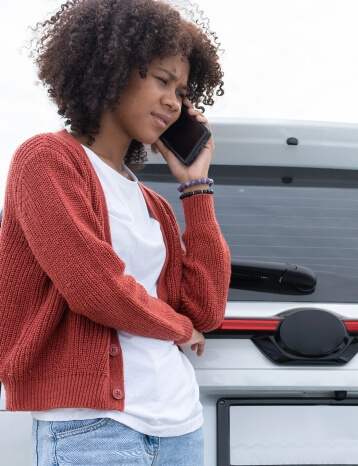
When involved in a car accident, safety is your priority. Check for injuries and call emergency services if needed. Move to a safe location if possible, but do not leave the scene. Exchange information with the other driver, including contact details, insurance information, and vehicle details. Document the scene with photos of the vehicles, damage, and surrounding area. Notify your insurance company as soon as possible to begin the claims process. Consider consulting with a personal injury lawyer if the accident involves significant damage or injuries to ensure your rights are protected and to help navigate the complexities of insurance claims and potential legal action.
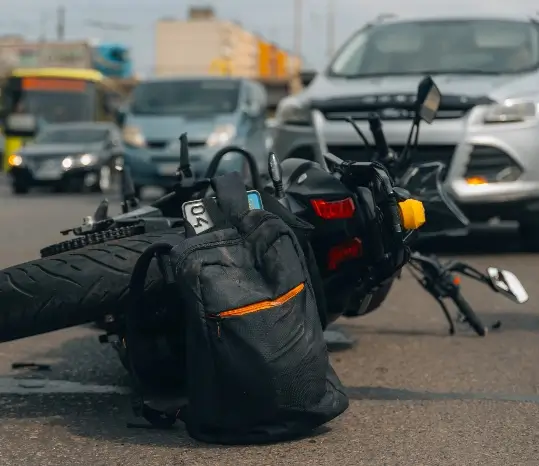
Dealing with
Motorcycle Accidents
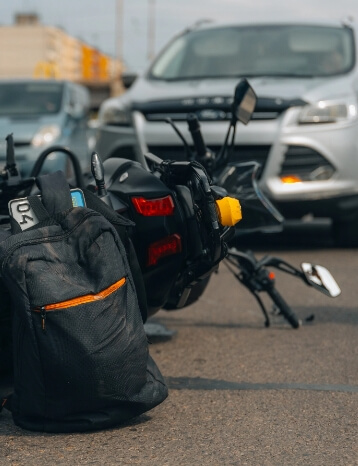
If you’re involved in a motorcycle accident, first assess your physical condition and seek medical attention if necessary—even if injuries seem minor, as some may not be immediately apparent. Report the accident to the police; having an official report can be crucial for insurance and legal processes. Exchange information with the other party involved, and gather contact details from any witnesses. Document the scene by taking photos of your bike, the vehicle (if involved), and any relevant street conditions or obstacles. Notify your insurance company about the incident. Consult with an attorney who specializes in bike accidents to discuss potential compensation for injuries and damages, especially if the accident was due to another party’s negligence.
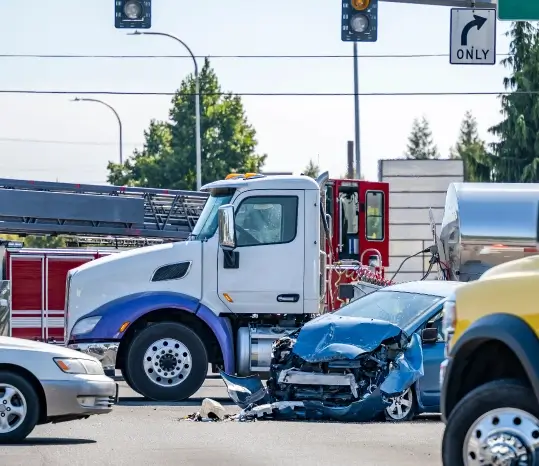
Dealing with
Trucking Accidents
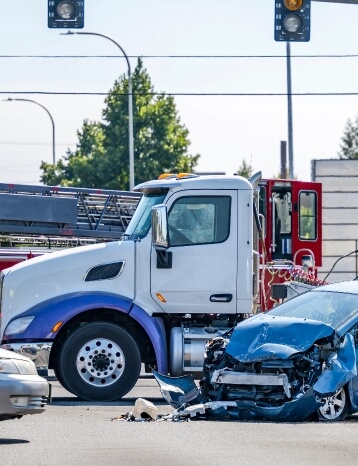
Trucking accidents can be more complex due to the severe injuries they often cause and the regulations governing commercial trucks. Safety first: check for injuries and call emergency services. Avoid moving severely damaged vehicles unless they pose a danger in their current position. Report the accident to the police so that an official report can be filed, which is vital for any legal and insurance proceedings. Gather as much information as possible, including the truck driver’s details, their employer, insurance information, and any witness accounts. Take photographs of the scene, including all vehicles involved, road conditions, and any visible damages. Contact your insurance company to report the accident. Due to the complexities involved in trucking regulations and potential corporate liabilities, it is highly recommended to consult with a personal injury lawyer experienced in trucking accidents to navigate the claim process effectively and to ensure that all potential sources of compensation are explored.
What should I do immediately after a motor vehicle accident?

First, ensure your safety and the safety of others. Move to a safe area if possible, check for injuries, and call emergency services if needed. It's important to call the police to the scene so they can file a report. Exchange information with the other drivers involved, including names, contact details, insurance information, and vehicle details. Take photos of the accident scene, the vehicles involved, and any visible injuries.
How do I know if I should file an insurance claim after a motor vehicle accident?

You should consider filing an insurance claim if there was significant vehicle damage, injury to yourself or passengers, or potential liability on your part. Contacting your insurance provider can help you understand your coverage and the process for filing a claim based on your policy.
What are common injuries from motor vehicle accidents?

Common injuries include whiplash, concussions, broken bones, back and spinal injuries, and lacerations. Some injuries, like whiplash or internal injuries, may not be immediately apparent, so it's crucial to seek medical attention even if you feel fine initially.
What if the other driver involved in the accident doesn’t have insurance?

If the other driver is uninsured, you can file a claim through your uninsured motorist (UM) coverage if you have it. This coverage is designed to protect you in scenarios where the at-fault driver lacks sufficient insurance. If you don't have UM coverage, you may need to pursue legal action against the at-fault driver to recover damages.
How can I prove fault in a motor vehicle accident?

Proving fault typically involves showing that the other driver was negligent. Evidence such as police reports, witness statements, traffic camera footage, and accident scene photos can support your claim. Demonstrating that the other driver violated traffic laws, such as by running a red light or speeding, can also help establish fault.
Can I claim compensation for emotional distress after a motor vehicle accident?

Yes, you can claim compensation for emotional distress as part of a personal injury claim. This may include anxiety, fear, sleep loss, and other psychological effects. Documenting your mental health through professional diagnoses, therapy records, and personal journals can support such a claim.
Injured And Need A Fighter?
Call Nick Schnyder!
Schedule a free consultation.
404-999-1111